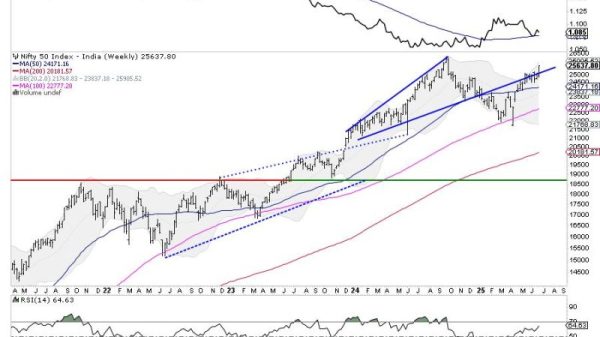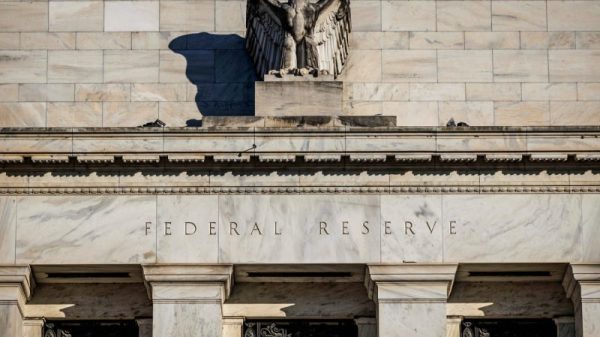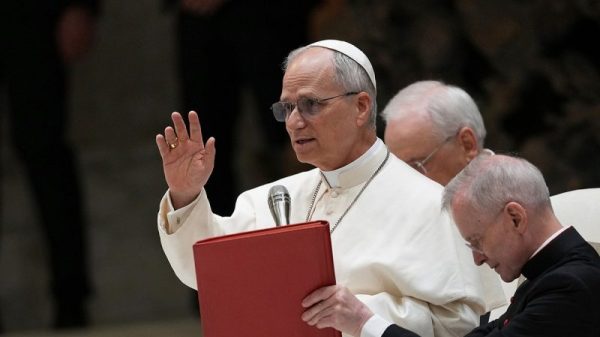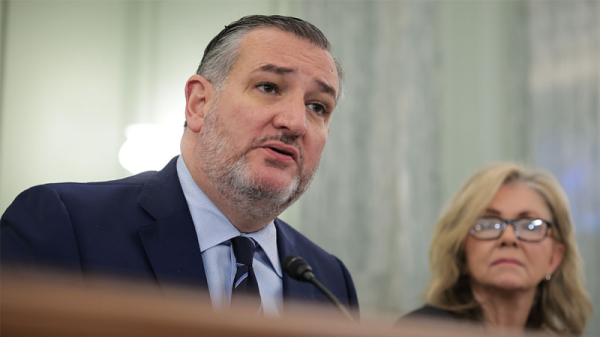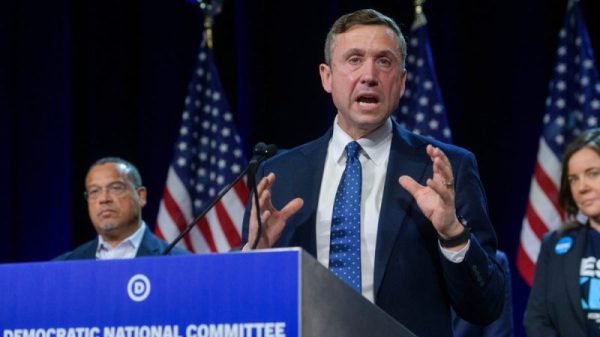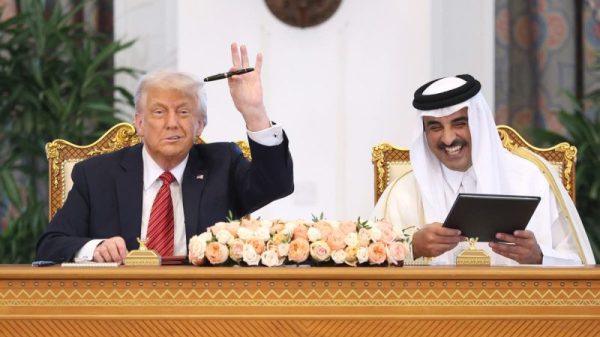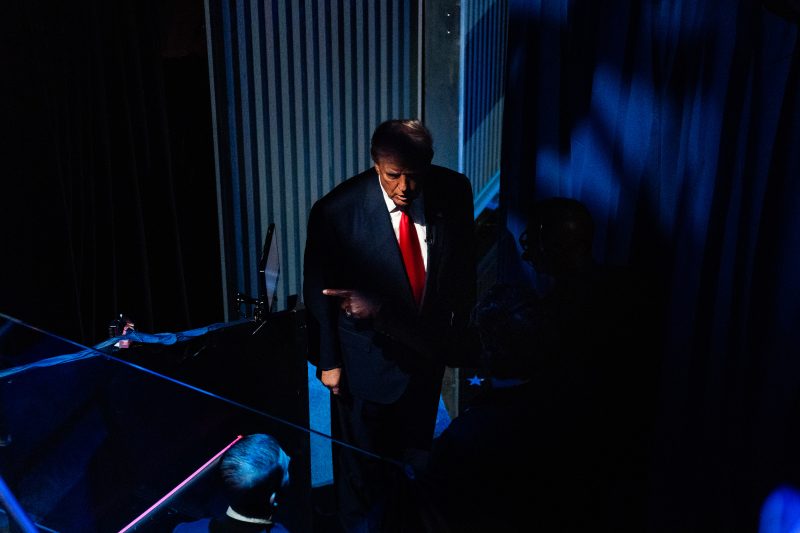In a world where the line between reality and fiction is continually blurred, one individual stands out for his vivid imagination and unique perspective on global affairs. Donald Trump, the former President of the United States, has long been known for his unconventional approach to politics and diplomacy. However, what sets him apart is not just his policies or leadership style but his propensity to create an entirely imaginary and often frightening world where he holds the reins of power.
One of the most striking aspects of Trump’s imaginary world is his portrayal of enemies and allies. In his version of reality, allies are fickle and untrustworthy, constantly seeking to undermine the United States for their own gain. Meanwhile, enemies are exaggerated and demonized, painted as existential threats that must be crushed at all costs. This black-and-white view of the world not only oversimplifies complex geopolitical dynamics but also fosters a sense of paranoia and insecurity among both allies and adversaries.
Moreover, Trump’s imaginary world is characterized by a relentless focus on himself as the central figure. Everything revolves around him – his greatness, his accomplishments, his grievances. This narcissistic worldview not only distorts his understanding of global events but also alienates allies and emboldens enemies. By viewing the world through the lens of his own ego, Trump undermines the credibility and effectiveness of U.S. foreign policy, leading to confusion and chaos on the world stage.
Another disturbing aspect of Trump’s imaginary world is his casual relationship with facts and truth. Throughout his presidency, Trump repeatedly made false or misleading statements, creating a distorted narrative that served his own interests. This disregard for reality not only undermines the public’s trust in government but also erodes the foundation of democratic governance. In Trump’s world, the truth is whatever he says it is, regardless of evidence or expert opinion.
Despite the fantastical nature of Trump’s imaginary world, its impact is very real. By promoting a narrative of fear, distrust, and division, Trump fuels extremism and polarizes society, making it harder to find common ground and pursue shared goals. His tendency to escapist thinking and his rejection of established norms and institutions have weakened the fabric of democracy both at home and abroad, making the world a more dangerous and unpredictable place.
In conclusion, Donald Trump’s imaginary and frightening world is not just a quirk of personality or leadership style but a serious challenge to the principles of democracy and international cooperation. By promoting a distorted view of reality, devaluing truth and evidence, and prioritizing his own interests over the common good, Trump has created a toxic environment that threatens the stability and security of the world. It is up to all citizens and leaders to reject this dangerous fantasy and work together to build a more just, peaceful, and sustainable future for all.




